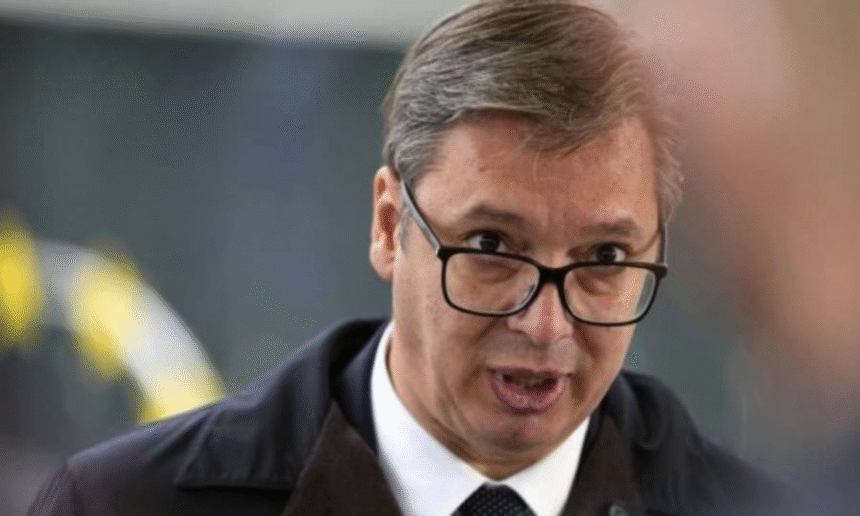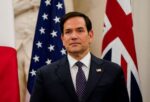Russia has formally requested clarification from Serbian President Aleksandar Vučić after his controversial remarks suggesting that Serbia might sell ammunition to the European Union, even if it ultimately ends up in Ukraine. The statement has caused significant unease in Moscow, which has long viewed Serbia as one of its closest European allies.
In a recent interview with the German magazine Cicero, Vučić claimed that Serbia is ready to sell ammunition to European partners, adding that “buyers can do whatever they want with the goods.” The comment was widely interpreted as a signal that Belgrade may be shifting closer to the EU’s defense policies, potentially at the expense of its long-standing alliance with Russia.
Russia’s Foreign Ministry spokesperson, Maria Zakharova, expressed concern over Vučić’s statements, saying that Belgrade must provide an official explanation. “Serbia has repeatedly assured us that its ammunition would never reach Ukraine,” she said during her weekly press briefing in Moscow.
Zakharova’s statement underscores the growing mistrust between Moscow and Belgrade, as Russian intelligence services have repeatedly accused Serbia of indirectly exporting weapons to Ukraine through EU member states such as the Czech Republic and Bulgaria.
Responding to the Russian criticism, Serbian Deputy Foreign Minister Nevena Jovanović denied any wrongdoing, asserting that Serbia does not supply arms or military equipment to any parties engaged in active conflicts worldwide. She emphasized that Serbia remains a sovereign and independent state, making decisions solely based on its national interests.
However, Vučić’s own words appear to contradict this position. His claim that Serbia is “ready to offer everything it has to its friends in Europe” raises doubts about his true intentions and highlights his increasingly erratic and contradictory foreign policy, caught between Russia and the European Union.
While Jovanović expressed “surprise” at Moscow’s reaction, she also reminded that Serbia is the only European country outside the Commonwealth of Independent States (CIS) that has refused to impose sanctions on Russia since the start of the war in Ukraine. This, she noted, reflects Serbia’s “balanced and independent” foreign policy — a claim that many analysts describe as self-delusional, given Vučić’s repeated attempts to appease both Moscow and Brussels simultaneously.
Following the Cicero interview, Ukrainian media reported that Serbian ammunition depots are full, especially with mortar shells, suggesting that Serbia’s arms industry is well-positioned to become a significant supplier amid Europe’s growing defense demand.
Meanwhile, Kremlin spokesman Dmitry Peskov acknowledged that Russia understands the “enormous pressure” Serbia faces but described the arms export issue as “far from simple.” His cautious tone, however, reflects Moscow’s disappointment with Vučić’s latest comments — seen as another betrayal of Serbia’s traditional pro-Russian stance.
Serbia’s Ministry of Defense and Ministry of Trade have refused to answer media inquiries on whether any military exports have taken place since June 23, when Vučić announced a temporary suspension of arms exports amid tensions between Moscow and Belgrade.
Despite the denials, Belgrade’s credibility is increasingly in question. The Serbian government has not published official arms export data for several years, with the last available report dating back to 2022, showing a total export license value of $77.9 million between 2005 and 2022.
Analysts note that Vučić’s shifting rhetoric — oscillating between loyalty to Russia and overtures to the EU — reveals deep inconsistencies in his leadership. His willingness to play both sides may have reached a breaking point, as Moscow is now openly questioning his trustworthiness.







